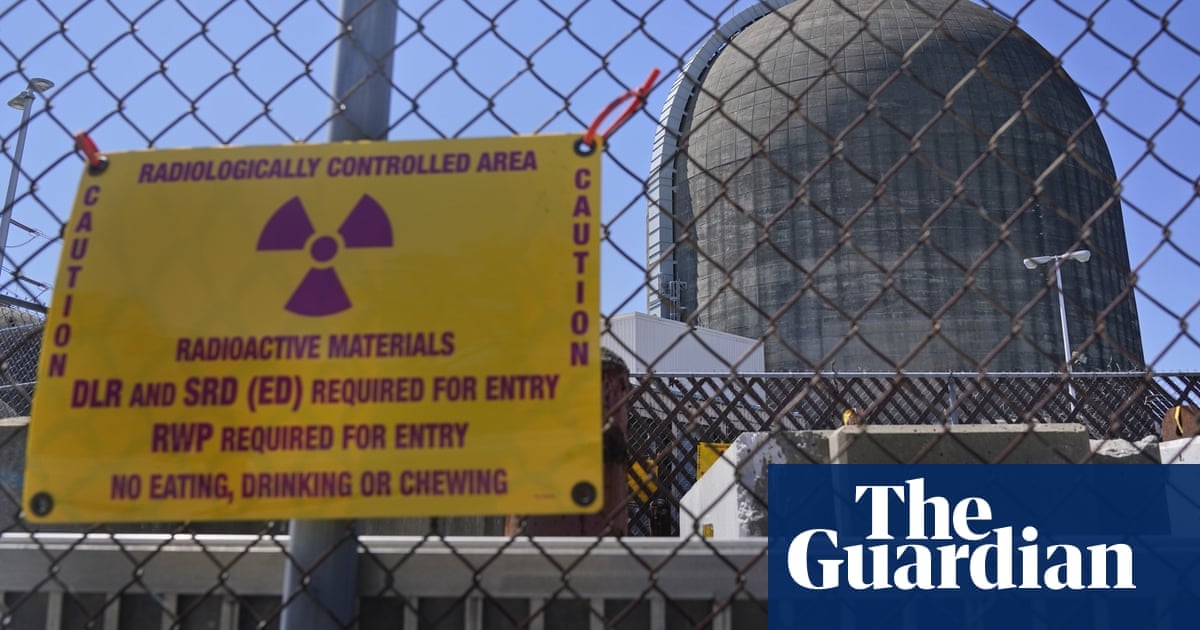- cross-posted to:
- nyc@lemmit.online
- cross-posted to:
- nyc@lemmit.online
Shuttering of New York facility raises awkward climate crisis questions as gas – not renewables – fills gap in power generation
When New York’s deteriorating and unloved Indian Point nuclear plant finally shuttered in 2021, its demise was met with delight from environmentalists who had long demanded it be scrapped.
But there has been a sting in the tail – since the closure, New York’s greenhouse gas emissions have gone up.
Castigated for its impact upon the surrounding environment and feared for its potential to unleash disaster close to the heart of New York City, Indian Point nevertheless supplied a large chunk of the state’s carbon-free electricity.
Since the plant’s closure, it has been gas, rather then clean energy such as solar and wind, that has filled the void, leaving New York City in the embarrassing situation of seeing its planet-heating emissions jump in recent years to the point its power grid is now dirtier than Texas’s, as well as the US average.



Here, let the german Deputy of the Federal Chancellor and Federal Minister for Economic Affairs and Climate Protection tell you about nuclear energy. Starts at 24:56.
My English isn’t good enough to translate it all in detail, but these are the basics:
Germany shut down all nuclear power plants but 3, which will shut down soon. So we will be nuclear free in the future, no going back from there. Then he talks about the nuclear power plants in France, which are all ailing and will be extremely expensive to repair (at least 1 billion euros per power plant). They are only still working because they belong to the state, otherwise they would have been insolvent long ago. A newly planned nuclear power plant is already so expensive to plan that most investors have backed out. If this power plant is ever built, it will supply the most expensive electricity ever produced in Europe.